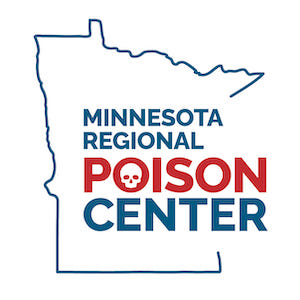Food Poisoning
Preventing Food Poisoning
Food poisoning is a common problem which is even more frequent during the holidays and summer. It is estimated that between 20 and 80 million cases of food borne illness occur each year in the United States, costing between $5 billion and $17 billion in medical care and lost productivity. Most of these are caused by improper cooking, storage of foods, and by poor hygiene (not washing hands).
Bacteria related food poisoning is the most common caused by fewer than 20 organisms. More than 90 percent of the cases of food poisoning each year are caused by Staphylococcus aureus, Salmonella, Clostridium perfringens, Campylobacter, Listeria monocytogenes, Vibrio parahaemolyticus, Bacillus cereus, Entero-pathogenic Escherichia coli, and Shigella. Normally a large number of food-poisoning bacteria must be present to cause illness.
Many cases of gastrointestinal symptoms (nausea, vomiting, abdominal cramps and diarrhea) are due to viral infections and are not true cases of food poisoning. Diagnosis of true food poisoning is difficult because the many organisms are found in different kinds of food and all have different incubation periods.
When in Doubt….Throw It Out!
- Wash your hands! Wash them before, during and after food preparation. Use soap and warm water and wash for 20 seconds. Wash after touching raw meat, fish or poultry. Wash your hands after every trip to the bathroom. Washing is the most important thing you can do to prevent food poisoning.
- Use hot, soapy water to wash cutting boards, utensils and anything else that was used to prepare food. Use a diluted bleach solution to clean cutting boards and countertops after food preparation.
- Do not use a sponge or dishcloth to clean surfaces that have touched raw meat, fish or poultry. Use soap, water and a disposable paper towel.
- Wash all fruits and vegetables well before eating.
- Keep hot foods hot and cold foods cold. If food is allowed to remain at room temperature for two hours or longer, bacteria can multiply and cause food poisoning.
- Refrigerate all leftovers soon after meals.
- Hot food does not have to be cooled before placing it in the refrigerator.
- After shopping, refrigerate frozen food as soon as possible. If thawed, use immediately. Do not refreeze.
- Defrost meats and poultry in the refrigerator or the microwave.
- When camping, don’t drink stream water. No matter how clear the water looks, it can still contain dangerous bacteria and other organisms.
- Don’t buy or use food from dented, bulging or rusted cans.
- Contaminated food may or may not smell, taste or look bad. Don’t taste suspicious foods. Don’t ask anyone else to taste it either.
Important Resources:
USDA Meat and Poultry Hotline: 1-800-535-4555
If you have questions regarding possible food poisoning, call the Poison Center at 1-800-222-1222
